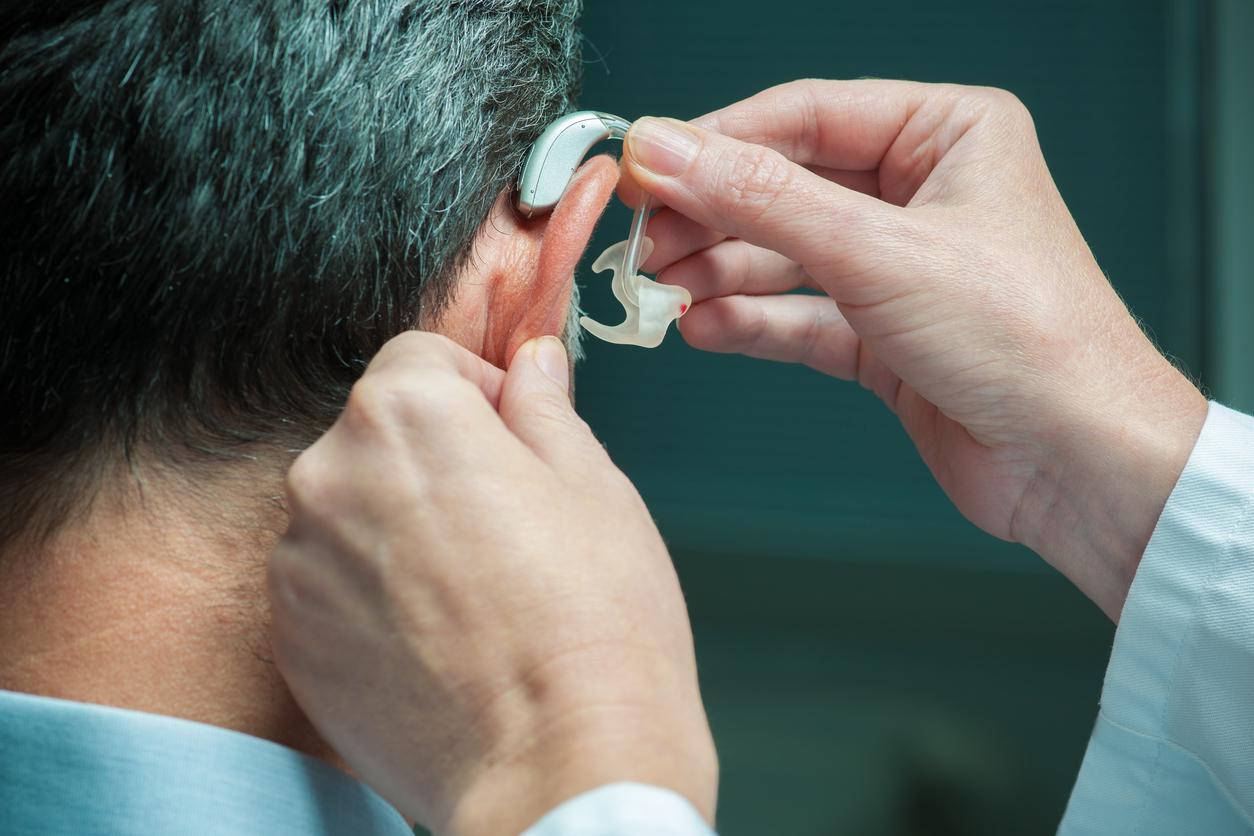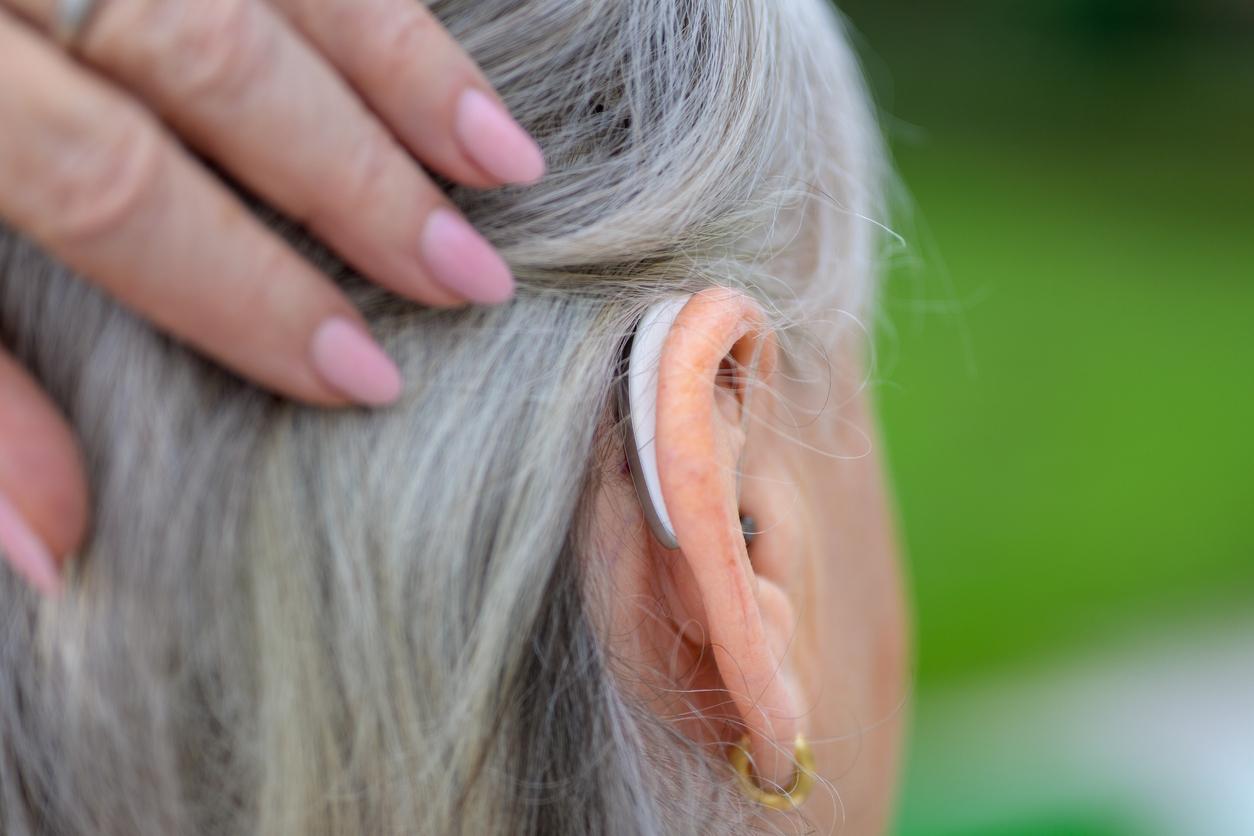Researchers at Boston Children’s Hospital and Harvard University (USA) have successfully restored hearing in mice suffering from a genetic disease called Usher Syndrome.
This syndrome, which is usually diagnosed in children, is a combination of generally congenital deafness and retinitis pigmentosa which results in the progressive loss of vision.
Synthetic virus helps rebuild sensory cells
After receiving gene therapy, the deaf mice managed to hear a soft whisper. The researchers, whose study has just been published in the journal Nature biotechnology used a synthetic virus to correct the hearing defect due to an “error” in DNA instructions.
The virus with the correct instructions “infected” the ear and allowed reconstruction of hair cells, the sensory cells that transmit frequencies sounds.
Mice perceived sounds at 25 decibels
The study showed that mice given this therapy could hear sounds up to 25 decibels, the volume of a single whisper. It also states that the effect lasted for at least six months.
In contrast, therapy only worked on mice treated from birth while it failed on mice treated ten days later.
For Dr. Ralph Holme, lead author of the study, this therapy is encouraging, but it remains to be seen whether it can work in babies whose ears are more developed than those of mice at birth.
Read also :
Hearing loss: it doesn’t necessarily happen in the ears
Infographic: how do we hear?


















